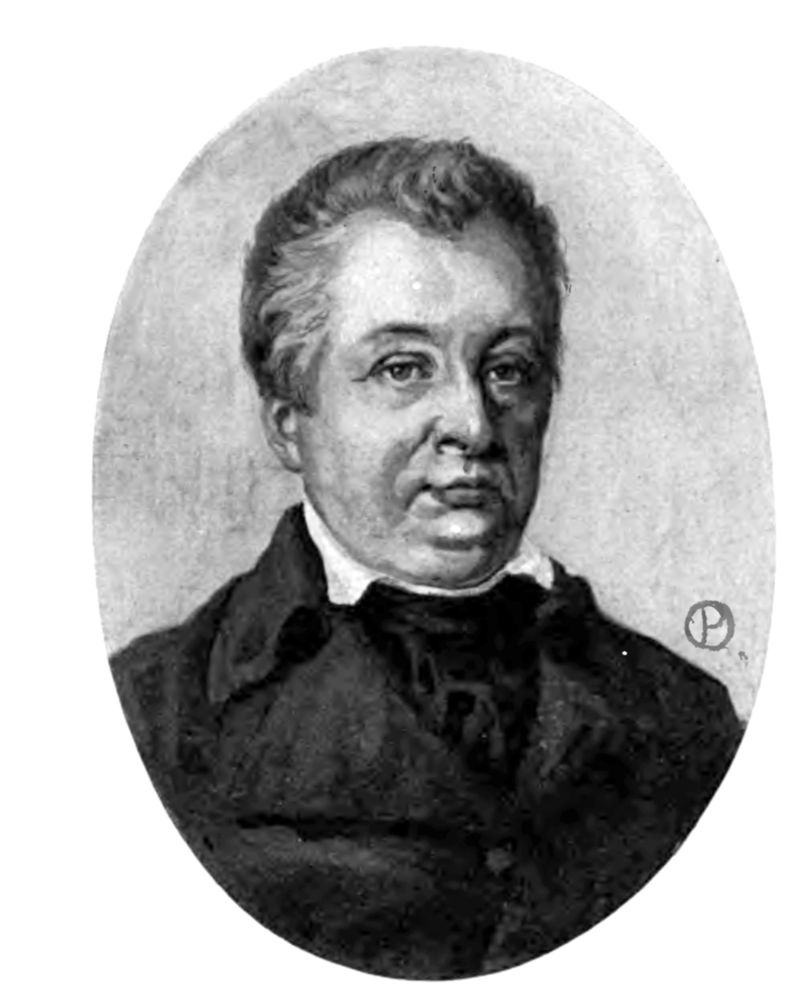Born on 3 May 1791 in Slavuta in Volhynia, he grew up in his grandmother’s house. Rzewuski’s grandmother was the sister of Tadeusz Rejtan who had been famous for his opposition to the approval by the Sejm in 1773 of the 1772 partition of Poland. Rzewuski was educated by the Carmelites in Berdychiv and at a French school in St. Petersburg. In 1806–1807, he stayed in Kraków where he attended university lectures, and after the establishment of the Duchy of Warsaw he joined the Polish army and took part in the campaign of 1809. He completed his education during his journeys to Russia and Western Europe. During prolonged stays in France, he met many conservative thinkers, including Joseph de Maistre (to whose doctrine Rzewuski’s position is usually compared), Louis de Bonald and Karl von Haller. In 1825 in Crimea and in 1830 in Rome, he met Adam Mickiewicz who persuaded him to take up writing. In 1832, he returned to Poland where he settled in the Cudnów estate in Volhynia and served as Marshal of the Zhytomyr district for four years. He contacted conservatives from Lithuania and Ruthenia (including Michał Grabowski and Father Ignacy Hołowiński); at the Cudnów congress, which was convened on his initiative, a literary-political group formed that came to be called the “St. Petersburg coterie” (or “pentarchy”) by its opponents, since it consisted of several writers gathered around Tygodnik Petersburski [“St. Petersburg Weekly”]. He was the author of the famous Pamiątki JPana Seweryna Soplicy cześnika parnawskiego [“Recollections of the honourable Seweryn Soplica, the Cupbearer from Parnu”] (Paris 1839), Głos na puszczy, próbki moralne i polityczne [“Voice in the wilderness, moral and political essays”] (Petersburg 1847), Wędrówki umysłowe przez autora Zamku Kaniowskiego [“Intellectual wanderings by the author of the Kaniów Castle”] (published as the first two volumes of his Pisma [“Writings”], which were published in seven volumes, Petersburg 1851), and Pamiętniki Bartłomieja Michałowskiego [“Memoirs of Bartłomiej Michałowski”] (Petersburg 1857), but his philosophical and political views were presented mainly in Mieszaniny obyczajowe [“Mixed mores”] published under the pseudonym Jarosz Bejła (Vilnius 1841–1843). After staying for several years in St. Petersburg, he moved to Warsaw (1850) and was appointed by the tsarist government as an official for special assignments to the governor of the Kingdom of Poland Ivan Paskevich. He soon received a government subsidy for setting up the Dziennik Warszawski [“Warsaw Daily”] magazine; after several years, he abandoned the magazine, returned to Volhynia and withdrew from public life. He died in Cudnów.

